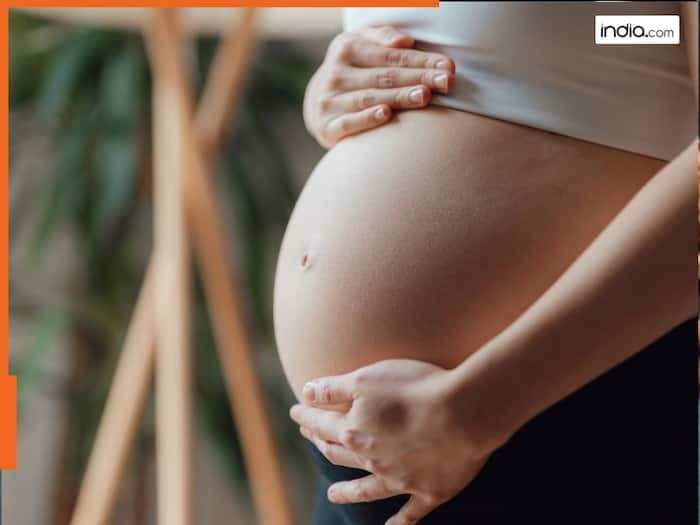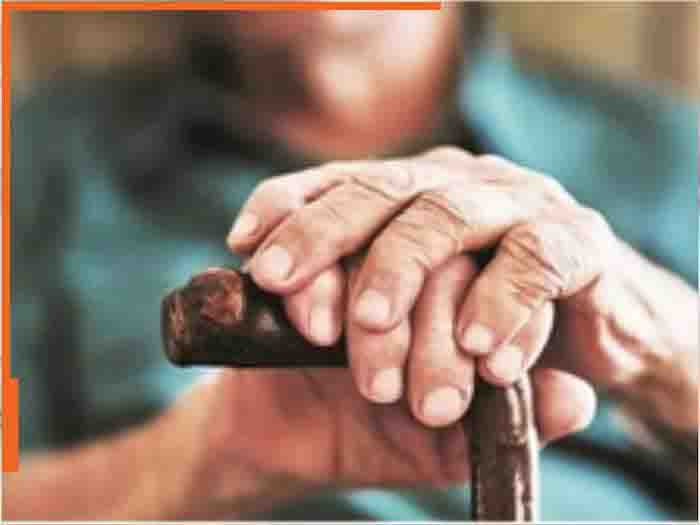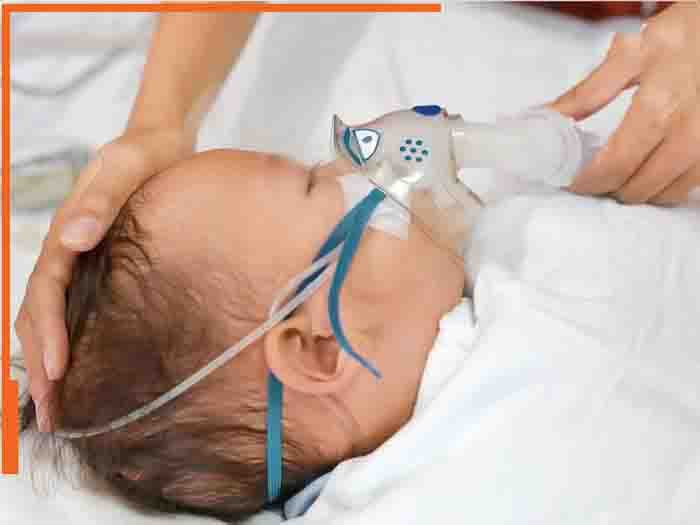
Infertility is a major problem that affects millions of couples worldwide. In India, about 10-14% of the population, especially in urban areas, is struggling with fertility problems. About one in six couples face difficulty in conceiving. For women, age plays an important role in fertility, as the quality and number of eggs naturally decline over time.
For couples who are facing age-related fertility problems, in vitro fertilization (IVF) can be a better option. Dr Sheetal Jindal (MBBS, MD OBG, EPHM (IIM Kolkata) Senior Consultant and Medical Director_Director Medical Genetics Program_Jindal IVF Chandigarh) said that it is important to understand the relationship between age and fertility so that better decisions can be made about IVF and other fertility treatments at the right time.
How does women's fertility relate to their age?
Dr Sheetal Jindal said that women's fertility is closely related to their age. Unlike men, who produce sperm throughout their lives, women are born with a certain number of eggs. Over time, these eggs also weaken with age, which leads to a decrease in the quantity and quality of eggs and this directly affects fertility.
Women's fertility is strongest during their 20s-30s and the chances of conceiving every month are 25-30%. However, fertility starts to decline gradually from the early 30s and this decline accelerates after the age of 35. By the age of 40, the chances of conceiving every month are only 5%. Women over the age of 35, who do not succeed in trying to conceive for 6 months to 1 year, often consider treatments such as IVF (in vitro fertilization). Moreover, aging also increases the risk of complications in pregnancy, such as miscarriage, chromosomal abnormalities, gestational diabetes, and placenta previa. Therefore, it is very important to make timely decisions.
How does male fertility relate to their age?
While the effect of age on women's fertility is widely understood, recent research also shows that men's age can have a significant impact on conception and pregnancy outcomes. Sperm quality may decline after 40-45 years. After this age, a decrease in sperm quality is seen, which affects fertility. Apart from this, aging men may take longer to conceive. The female partner of older men may have an increased risk of miscarriage and fetal loss as sperm quality decreases.
Not only this, children of men above the age of 40 may have a slightly higher risk of mental health disorders, such as autism and schizophrenia. However, these cases are rare. Apart from this, IVF (in vitro fertilization) can be an effective option for couples in which the male partner is older. IVF helps overcome problems related to declining sperm quality, increases the chances of conception, and reduces the time to pregnancy. Assisted reproductive technologies such as IVFhelp solveg age-related fertility challenges and increase the chances of a successful pregnancy.
When to consider IVF?
- If natural conception does not occur within 6 months to 1 year, IVF should be considered, especially if the woman is over 35 or either partner has a known fertility problem.
- Woman's age is above 35: After this age, fertility starts declining rapidly, due to which it may be better to start IVF early.
- In special cases: Endometriosis is a condition that can make pregnancy difficult. Also, irregular menstrual cycles and hormonal imbalances associated with polycystic ovary syndrome (PCOS) can hinder pregnancy.
- Unresolved infertility: In about 10% of cases, the cause of infertility is not clear. In such a case, IVF may prove to be more effective than other treatments.
- Male fertility problems: IVF can also help when there are problems with the quality or number of a man's sperm.
--Advertisement--

 Share
Share






